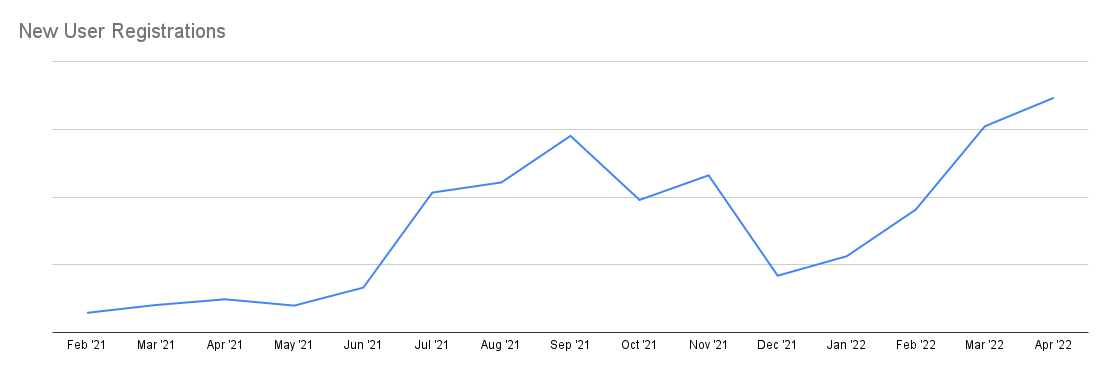How Sabinet African Journals ensured institutional access for remote researchers with Atypon CONNECT

Background
Founded in 2002, South-Africa-based Sabinet African Journals has become the largest aggregator of African research content, offering the most comprehensive searchable collection of full-text African electronic journals on one platform. Focusing on information originating from or pertaining to Africa, the service allows readers to discover articles covering a wide variety of topics.
In June 2021, Sabinet successfully updated their site to use Atypon CONNECT to support user registration and remote access.
Challenge
The Sabinet African Journals site was migrated to Literatum in early 2021. Due to the Covid pandemic, like so many around the world, some of their end users found themselves working from home and often struggling to get access to subscribed content.
In Africa, remote access solutions like Shibboleth are less prevalent. Although bigger tertiary institutions in South Africa have remote Federation Access via Open Athens or Shibboleth, for Sabinet, many other institutions use IP range access, and smaller institutions shared one username and password with all of their users; this limited the flexibility with which users could access Sabinet African Journals remotely. Device pairing was also not a viable option because it relied on readers being on-site to pair their device.
Sabinet required a stable Identity and Access Management solution that would enable their end users to access institution-subscribed content from anywhere in the world.
Solution
‘CONNECT enabled ease of access for our users,’ says Erika Janse van Rensburg, Product Manager at Sabinet, who worked with her Atypon Account Manager and the CONNECT team to roll out CONNECT on their site.
Remote access by sharing user logins was not tenable. Aside from the obvious security concerns, end users would also occasionally reset their shared password, leading to support overheads both on the publisher and institution side. Abuse monitoring was impacted as well, because the access and download rules that apply to individual user accounts could be circumvented if many of their readers used the same credentials.
A primary motivator for the move to CONNECT was the ability to use institutional email domains as a basis for enabling institutional content access.
Before the launch
‘Overall, the migration was very straightforward,’ recalls Erika. The Atypon Account Manager guided Sabinet staff through the migration process and was always available to assist. ‘There was plenty of time beforehand to adjust to the change.’
To prepare their users, Sabinet created a user guide for registering and accessing the site with CONNECT and communicated the changes to the relevant stakeholders.
Following the launch
On the day of the migration, Sabinet sent out their user guide to their institution administrators via email, detailing the login steps and how to contact them in the event of any support queries. Only a few users had questions, and these were easily and quickly handled. There were also only two cases of WAM-proxy-related issues, but when Sabinet had whitelisted their domains, the users in question were in.
The preparation prior to the migration was crucial. ‘If you give people everything ahead of time, it makes their lives much easier, as well as yours,’ Erika says. She had already explained the advantages of CONNECT to their customers, comparing it to a Google Sign-In. This contributed to their users’ acceptance of the change. ‘The transition was so seamless that some of them didn’t even notice there was a change,’ she adds.
Results
CONNECT has made accessing content on Sabinet African Journals a lot easier. Many institutional customers are either international clients or local institutions with students abroad. Thanks to CONNECT, legitimate content access is now easily available to anyone, anywhere.
The Sabinet African Journals site is also more secure now that the transition has allowed them to reduce password sharing. There are still some shared user accounts on the site, for example where institutions simply don’t have an email domain of their own to register, but overall Sabinet has seen an increase in new user registrations.

‘There hasn’t been a fully-fledged CONNECT promotion campaign,’ Erika confirms. ‘We only suggest that new institutions encourage their users to register. The ability to look at individuals directly has also been beneficial; it’s always good to have additional data that we can transfer to our Sales department.’
Sabinet turned to CONNECT with clear objectives when scholarly publishers around
the world were suddenly facing new challenges in disseminating content to researchers locked out of institutions, offices and campuses. ‘We definitely achieved those objectives,’ confirms Erika.




